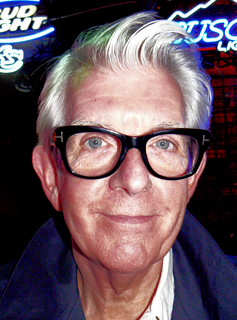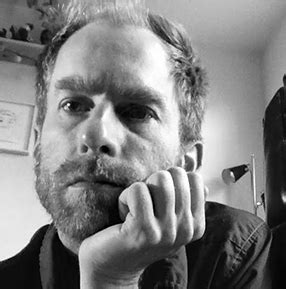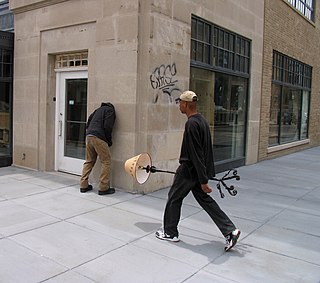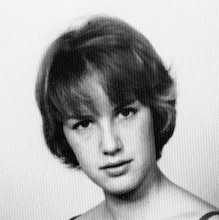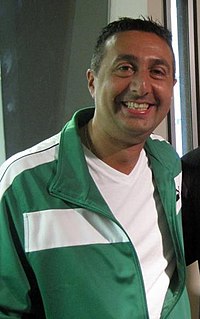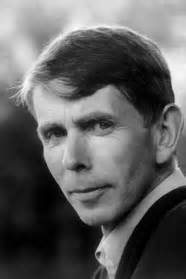A Quote by Albert Brooks
I don't know how, where, and why the idea for 'Defending Your Life' began; the idea had been bouncing around for a while. Stories like that sort of have to bounce. They don't come out of nowhere. I went through my own period of life with sort of everything turning upside down, and wondering, 'Why is it this way?'
Related Quotes
And religious music and the sort of symbolism of it and everything. But I had this idea. Actually, I sort of dreamt it. I woke up - just before waking up one morning, I sort of dreamt this song or the idea of it and the first little bit of it. And I jumped out of bed and I thought, well, you're still asleep. You're going to forget this in a minute - you know, like you do when you've had a dream.
I can start with the idea of taking until you can take off, through the idea that all of my writing foregrounds the idea of how I'm taking from my own life. I'm stealing from my own life in a way, and from the people around me, but in service of getting somewhere else. I'm starting with an autobiographical impulse, to get a better vantage on the circumstances of the life that I happen to be in at the moment and how that life connects to others.
Once I have the finished sculpture, I’ll put it out on the street or in nature or somewhere where it interacts with the environment. Really it’s kind of the idea of turning the street into a stage and this sort of urban theater has a life of its own. If you have creative drive, and you need to manifest it, then you need some sort of medium to do that through. For me, it worked out with sculpture, and tape just is a means of doing sculpture.
[Photographer Julian Wasser] had this great idea that I should play chess naked with Marcel Duchamp and it seem to be such a great idea that it was just like the best idea I'd ever heard in my life. It was like a great idea. I mean, it was - Not only was it vengeance, it was art, and it was, like, a great idea. And even if it didn't get any vengeance, it would still turn out okay with me because, you know, I would be sort of immortalized.
It's kind of funny...the moments on which life hinges. I think growing up you always imagine your life - your success - depends on your family and how much money they have, where you go to college, what sort of job you can pin down, starting salary...But it doesn't, you know. You wouldn't believe this, but life hinges on a couple of seconds you never see coming. And what you decide in those few seconds determines everything from then on... And you have no idea what you'll do until you're there.
There are a lot days where I don't know if God exists. There are a lot of days where I think the leadership of the Church is wacky, a lot of days where I really doubt why I am a part of this thing. But, down deep, I know it to be true. Down deep, I know how much I love it and that's what sort of gets me through. The churches are the pope, and its priests and its mystery and everything. I just sort of like the whole thing.
It took me a while to get back to 'The Queen of the Night.' I was angry with it as an idea because I felt like it had sort of ruined my life by taking so much attention away from 'Edinburgh.' So it essentially languished in a drawer until 2004, when I pulled it out, dusted it off, and thought, 'Oh, I actually really like this idea.'
I walk around the school hallways and look at the people. I look at the teachers and wonder why they're here. If they like their jobs. Or us. And I wonder how smart they were when they were fifteen. Not in a mean way. In a curious way. It's like looking at all the students and wondering who's had their heart broken that day, and how they are able to cope with having three quizzes and a book report due on top of that. Or wondering who did the heart breaking. And wondering why.
The best protection against propaganda of any sort is the recognition of it for what it is. Only hidden and undetected oratory is really insidious. What reaches the heart without going through the mind is likely to bounce back and put the mind out of business. Propaganda taken in that way is like a drug you do not know you are swallowing. The effect is mysterious; you do not know afterwards why you feel or think the way you do.


